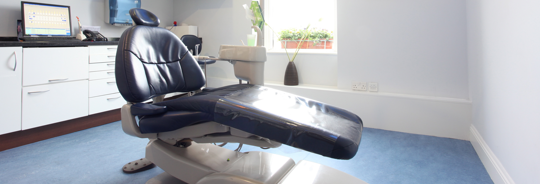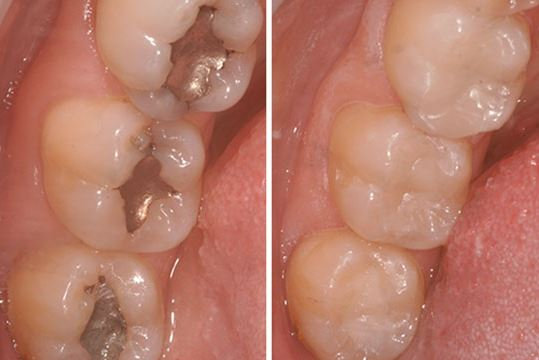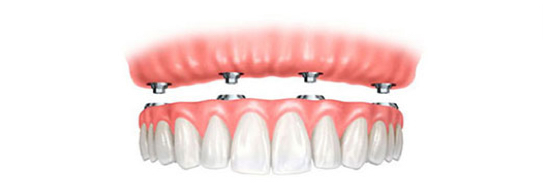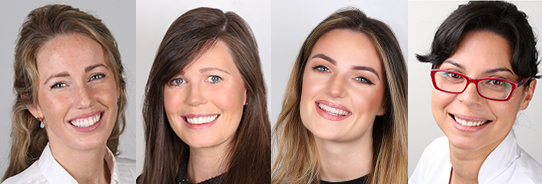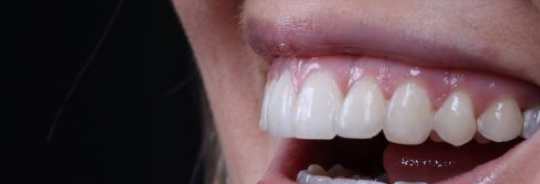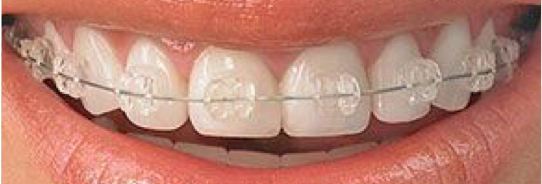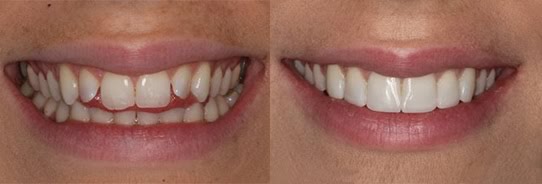
Blog
We post all the latest information here regularly so it's always up to date for you. If there is a topic you would like to have us cover please ask.
22 May 2012
Eating disorders and your teeth

The two most common types of eating disorders are Anorexia Nervosa and Bulimia Nervosa.
Anorexia Nervosa
Anorexia Nervosa is defined as a psychological disorder. The patient has a distorted body image and an irrational fear of becoming overweight so they deliberately attempt to lose weight. Although the majority ofpatients are female, there is a steady rise in men who suffer from Anorexia Nervosa.
The following are a list of some of the symptoms of a person who suffers with Anorexia Nervosa:
- weighs much less than he or she should normally
- normally has a BMI of 17.5 or less
- has missed three consecutive menstrual periods
- has a preoccupation with body shape and weight
- has a strong fear of weight gain
Over 75% of reported Anorexia Nervosa cases start between the ages 11-20.
A person who suffers from Anorexia Nervosa is often a perfectionist who sets themselves targets beyond their reach. When they are not achieved the patient begins to control parts of his or her life, such as food intake and weight.
An exaggerated fear of losing control is mainly driven by low self-esteem and constant self-criticism and it is not uncommon for a patient to feel they have lost control after consuming a tiny amount of food
What is Bulimia Nervosa?
Bulimia Nervosa is defined as a psychological disorder. The patient experiences regular bouts of serious excess eating, which is always followed by a feeling of heavy guilt, which leads to extreme reactions such as crash dieting, excessive exercise and purging, which is deliberate vomiting.
The following are a list of the symptoms of a person who suffers with Bulimia:
- Binge-eating "repeatedly" - eating much more than most people normally do, together with a feeling that they can't stop or control their eating
- Repeatedly and inappropriately compensating for the over-eating, such as over-medicating with laxatives, fasting, exercising to exhaustion, or making themselves vomit
- Doing these two things (binge-eating and inappropriately compensating) repeatedly at least twice a week for the previous 3 months
- Overly judging themselves in terms of the weight and shape of their bodies
Unlike anorexia nervosa, bulimia nervosa is difficult to identify. The sufferer is not usually obviously underweight. Because of the shame and guilt associated with the illness, patients are often skilled in masking the symptoms.
Long-term, the patient may experience malnutrition- a symptom which often brings the patient to the attention of the doctor or dentist.

Effects on your Oral Health
Both bulimia and anorexia nervosa can have devastating effects on oral health. Bulimics often binge and then purge (vomit) to get rid of the food. This practice causes teeth to constantly be bathed in stomach acid which erodes tooth enamel (especially on the back side of the teeth). Additionally, bulimia may lead to swollen glands, dry mouth and/or bleeding gums and a burning tongue. A bulimic individual engages in a cycle of binge eating and vomiting. The stomach acids in the vomit pass through the mouth and can erode tooth enamel, causing cavities, discoloration and tooth loss .Since teeth appear worn and yellow, a dentist may be the first to notice signs of this eating disorder. Cosmetic dentistry can help correct deteriorated tooth enamel.
Anorexics deprive their bodies of nutrition by purposefully starving themselves to avoid weight gain. Without proper nutrition, anorexics often develop weakened tooth enamel, which leads to chipping or cracking teeth. Osteoporosis which can cause bone loss weakening the bones in the jaw that support teeth, leading to tooth loss
In both diseases, it is critical to treat the underlying causes that lead to anorexia and bulimia as well as the dental complications resulting from them. While a dentist can correct the deteriorated tooth enamel, he or she cannot treat the actual eating disorder. Should you have an eating disorder —or think you might —talk to your doctor as soon as possible.
Options to regain your healthy smile
Depending on the condition if your teeth and your general oral health you have a variety of options available:
- Dental Implants
- Cosmetic Dentistry: Veneers, crowns, fillings and whitening
- General Dentistry: Extractions, bridges and hygiene treatments for gum disease
How to tell if someone is suffering from an eating disorder
As the direct relationship between oral health and our overall health is so strong, a dentist is often the first person to suspect an eating disorder. If you believe you or a loved one have an eating disorder, please speak to your doctor, dentist, teacher, parents or a specialist.


